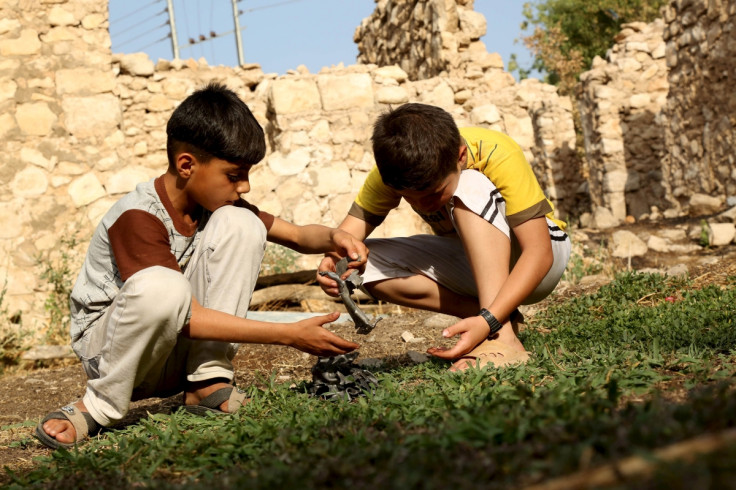Conflicts in Middle East and North Africa shatter generation's hopes of education warns UN

Raging conflicts in the Middle East and North Africa have been shattering the education dreams of millions of young children, warns the UN's children's agency, Unicef. The UN estimates 13 million children in the conflict zones have been driven out due to the violence.
According to the latest report, titled Education Under Fire, the Unicef has cautioned that the education systems in no less than nine countries have been directly or indirectly affected by political upheavals. About 9,000 schools in Syria, Iraq, Yemen, and Libya are unable to be used for educational purposes.
"The destructive impact of conflict is being felt by children right across the region. It's not just the physical damage being done to schools, but the despair felt by a generation of schoolchildren who see their hopes and futures shattered," said Peter Salama, Unicef's regional director in the Middle East and North Africa.
One of the key reasons was "sometimes deliberate" attacks on schools and education infrastructure, found the UN report. Another key factor is the fear of the residents, who either fled their homes or were afraid to send their children to schools in the region owing to the fighting.
The estimated 13.7 million children comprise about 40% of the school-age children's population in the region and the numbers are likely to touch 50% in the coming months, warns the agency. About 2.9 million children in Yemen have not been pursuing school education over the escalating conflict, reports the Unicef. The agency, however, added that many of those children were not attending school even before the conflict, which began to spiral out of control in March 2015.
In Syria alone, more than 52,000 teachers, nearly 25% of the teaching professionals, have abandoned their posts ever since the uprising-turned-civil-war erupted in 2011.
In Turkey, Jordan, and Lebanon - where the vast majority of refugee children are sheltered - more than 700,000 of them cannot attend schools due to the lack of infrastructure and other facilities. Of the $300m required by the agency for 2015, the Unicef has received about $140m so far to deal with the crisis.
© Copyright IBTimes 2025. All rights reserved.






















